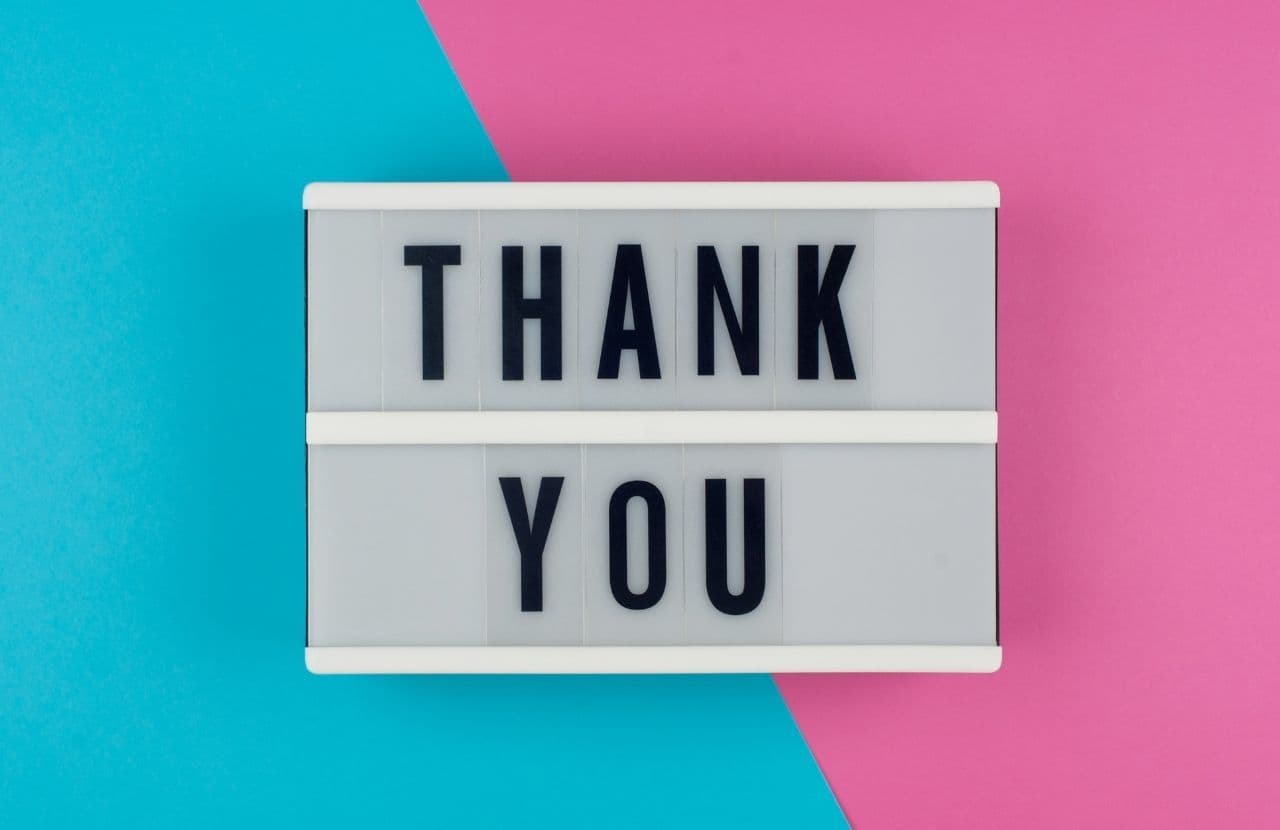Have you ever come home from a round of relaunch interviews and all
you wanted to do was kick off your shoes, take off your suit and relax
on the living room sofa? After all, interviews require extensive
preparation and a tremendous output of energy. After some rest and
recovery, you likely fired off that obligatory thank you note. You’d
written it dozens of times before:
"Dear Mr. Jones: Thank you for taking the time to speak with me
today about the [X] position at [Y Company]. I found your description of
the position to be very exciting and would welcome the opportunity to
contribute to the [Z] team. I look forward to hearing from you soon.”
Next time, don’t hit Send.
Sending a cookie cutter thank you note such as the one above is like
closing the door on your job candidacy. It basically announces: ‘I’m
done. It’s over.’ Actually, it’s not necessarily over. You can keep
the door ajar and continue to influence and impress an employer by
following up with a more detailed, substantive letter (and possibly
including other items, as discussed below). To prepare to write this,
you first have to lay some groundwork:
- Interview well. It’s hard to write a great follow
up letter if you’ve badly flubbed the interview. Take the time to
master interviewing and understand what employers are trying to
accomplish through the process. Prepare interview strategies to put
your best self forward. Understand what the employer’s specific needs
and wants are and be able to talk compellingly about how you can help.
- Get the names and email addresses of all interview contacts.
Either a recruiter, hiring manager or assistant should provide these
but if they don’t, ask your individual interviewers for them.
- Record your insights. When you’re exhausted, it’s
easy to forget, so write down your key recollections promptly after the
interview. Go to a nearby coffee shop or write them shortly after
getting home. (Some relaunchers like to use the recorded memo feature
on their phones as they walk to the train or drive home.)
- What questions did you answer well?
- Which ones tripped you up?
- Did you establish personal connections with any interviewers, like sharing the same hometown or alma mater?
- Which accomplishment or anecdote from a past work or volunteer
experience did you forget to talk about that would have helped your
cause?
- Did you discern that the employer has any reservations about you and what are they?
- Are there any resources that would be helpful to provide, like a
writing sample, an article that you wrote, or a reference from a
colleague?
- Do you have an idea or solution to a problem that the employer is facing that you didn’t mention in the interview?
- Execute. Prepare a strategy. What do you want to
accomplish in your follow up? For example, Tracey knew after
interviewing for a role in Planned Giving at a Johnson University that
her experience before her career break at Clearwater, an environmental
nonprofit, was relevant. But she sensed that the employer had
reservations about her lack of experience in higher education and six
year career break. She wasn’t sure whether she did a good job
‘connecting the dots’ about the transferability of her skills and other
issues. Here are a few points that Tracey could include in a follow up
letter:
- As we discussed, I had a six year career break to care for my two
children. While on break, I served as a class officer for a large
fundraising campaign for my undergrad alma mater. I coordinated with
Keith Richards, the head of development there, to strategize about the
campaign and led my class in achieving a high rate of donations. I
would be happy to ask Keith to speak with you about my work.
- You emphasized Johnson University’s goal of cultivating
relationships with corporate donors. At Clearwater, one of my
responsibilities was developing a database of contacts with Corporate
Social Responsibility directors at area companies, many of whom I still
maintain contact with. I would be happy to make introductions.
- I enjoyed our discussion about Johnson University’s philosophy of
development. I neglected to mention that I took courses on the
psychology of philanthropy while pursuing my masters degree, and my
thesis “Positive Psychology and Philanthropy” was published in the
Philanthropy Journal in 2008. Below is the link to that publication. I
would love to bring my knowledge about how donors think to Johnson
University’s Planned Giving efforts.
- You had asked about my availability for heavy travel during the
spring, and I may not have been as definitive as I had intended. I am
well situated to travel throughout the year and would welcome the chance
to do so.
Follow up letters should be brief (one to two paragraphs) and sent
via email within 24 hours after your interview. They not only add
substantively to your candidacy but they show that you are proactive,
organized and enthusiastic. In addition, I’ve heard several stories
recently of candidates being turned down for a position after an
interview, only to hear from the employer several weeks or months later
about another opening. So even if your interview doesn’t land you a
position today, great follow up could earn you points for future
opportunities. Given that most candidates simply write one dimensional
thank you notes like the one above, adopting this strategy can enable
you to truly stand out!





